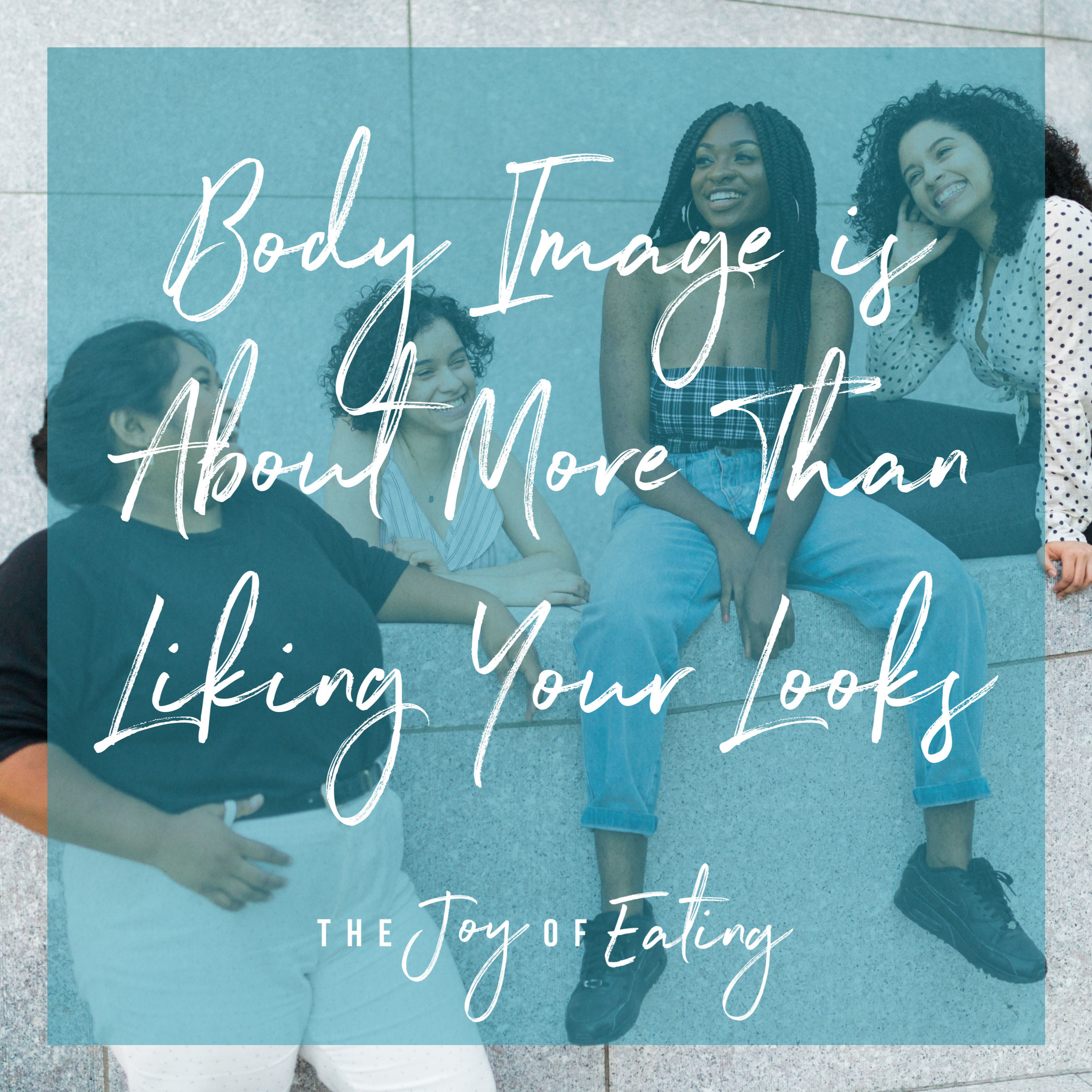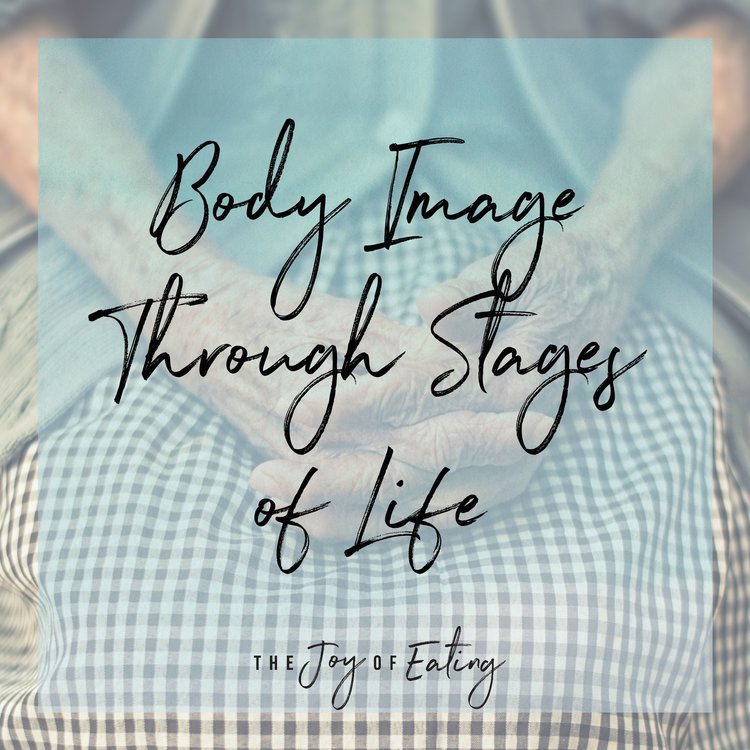Body Image is About More Than Liking Your Looks
Photo Credit: Canva. If you’re someone who is on the lookout for more diverse stock images, check out this new collection they just released!
If you were to try and understand body image via #bopo body positivity, you’d be forgiven for believing it’s all about liking your looks. While I’m glad body positivity has become more mainstream, that mainstreaming has also diluted it’s original message. Body positivity grew out of the fat acceptance movement, an anti-discrimination movement led by black and queer women in the 1960s. Yet most of the body positivity you see these days are images of women in revealing clothes, paired with messages about loving yourself.
Don’t get me wrong, I think there’s a space for that. It’s empowering to see people of all sizes feeling confident in their bodies, and disproving societies narrow definition of beauty. I can think of many clients who have experienced breakthroughs after finding people on social media who look like them, and knowing if that person likes their looks (and so do thousands of others) then maybe they don’t have to hate their bodies so much.
The problem is when body positivity stops there. Everyone deserves to hold positive feelings towards their body, but there are factors much more complex than an aesthetic ideal that are a barrier to positive body image. That’s because body image is about so much more than liking your looks.
According to The Body Image Workbook, body image is “how you personally experience your embodiment. More than a mental picture of what you look like, your body image consists of your personal relationship with your body - encompassing your perceptions, beliefs, thoughts, feelings, and actions that pertain to your physical appearance.”
Body image is often talked about as if it were a matter of choice - like, just choose to love your body and everything will be OK! I know that was a mistake I made when I first tried to incorporate body image work into my practice - and quickly realized both my privilege and knowledge gap! (Quick sidenote to RDs, this is why I highly recommend working with someone for supervision. I’ve worked with Evelyn Tribole, Marci Evans, and currently Anna Sweeney and highly recommend all. And while I’m not a IAEDP approved supervisor I do offer Q&A calls with RDs who are starting to incorporate IE into their practice). When it comes to body image, there are many factors, including some that are outside our control, that can have a profound experience on how you may experience and relate to your body.
For starters, there’s weight stigma. It’s one thing to personally accept your body, but if you have a larger body, that doesn’t mean society will accept it. Body positivity won’t stop doctors from recommending a diet when all that’s needed is an antibiotic for strep throat. Body positivity won’t make airplanes with seats that comfortably seat larger bodies, or stop the microaggressions from the person sitting the next seat over. Body positivity won’t stop employers from discriminating against fat people in the workplace.
For those who have experienced trauma, or are in a marginalized group, body image may have more to do with feeling safe than loving your rolls. If you’re afraid of being harmed, positive body image might mean feeling like you have the strength to fight back, or are “invisible” to blend in.
Gender expectations also play a role in body image. Of course, we all know about the impossible beauty expectations placed on women, but men also receive messages about what masculinity supposedly looks like. Because eating disorders/disordered eating are often thought to be a “woman’s illness,” men have less outlets for discussing their body dissatisfaction. It gets more complicated when we get outside the gender binary. Body positivity says to love your body just as it is, but for someone who is trans or gender non-binary, changing their body actually may relieve some of the dysphoria they are experiencing. This article goes more in depth.
Health status also plays a role, especially for those with any kind of visible disability. As you can imagine, navigating a world that was build for people who are non-disabled could have a significant impact on one’s relationship with their body. You do not have to personally identify as someone with a disability for health status to affect your body image. I think of some of my clients with IBS, whose physical appearance can change rapidly in a short period of time due to bloating - you can imagine how distressing it might feel to all of a sudden look like you have a pregnant belly after eating. Or my clients struggling with fertility issues, whose missing periods chip away at the trust they have in their body.
If you’re someone who has been struggling with the whole body positivity thing, I hope this article resonated and helps you see that body image is much more complex than loving your looks. As you can see, there are many factors outside individual control that can impact your individual relationship with your body. There aren’t easy answers, but identifying and understanding these influences can bring it’s own bit of peace, and can help you identify positive behaviors that nurture a healthier body image, like connecting with other people in your community, taking a personal defense course, or seeking out therapy.
I think it’s also helpful to distinguish between accepting and respecting your body, and liking your looks. Frankly, I personally think the latter matters very little in the grand scheme of things. Thinking less about your body and looks may be more freeing. If holding positive feelings towards your body feels really impossible right now, that’s OK. You don’t have to confidently stroll onto a beach in a bikini to improve your body image. Instead, take a step back and focus on how you can simply treat your body with respect.
What is something you need that would help you feel more comfortable and safe in your body?
You might also like:





